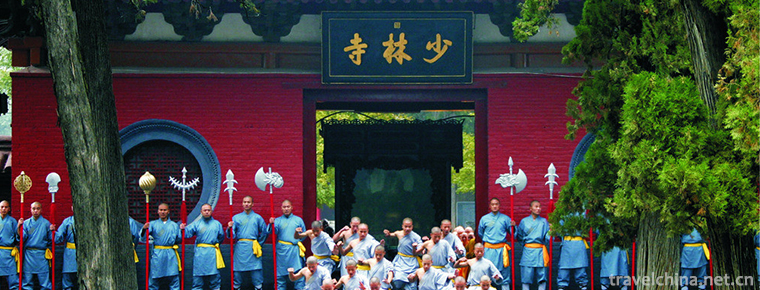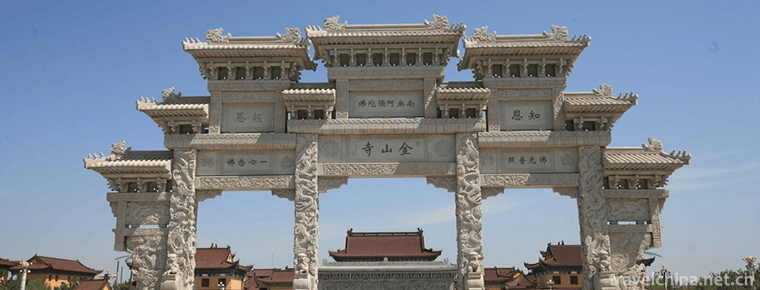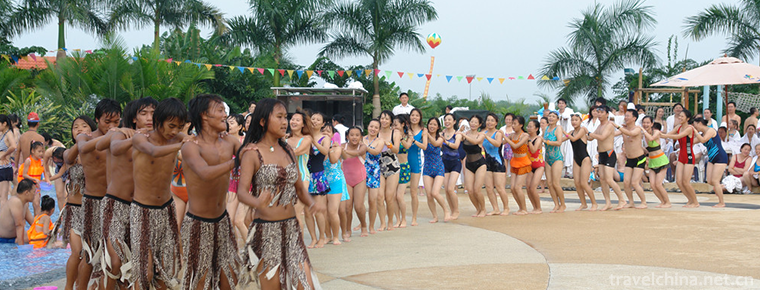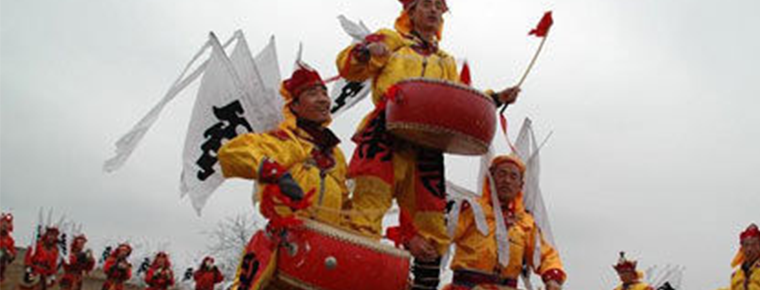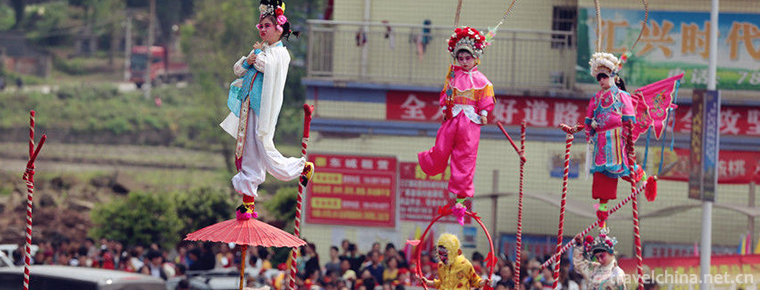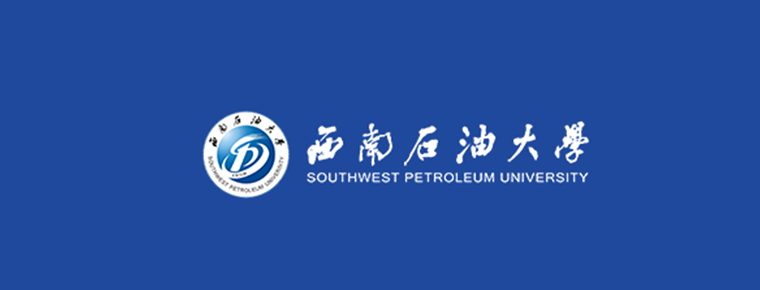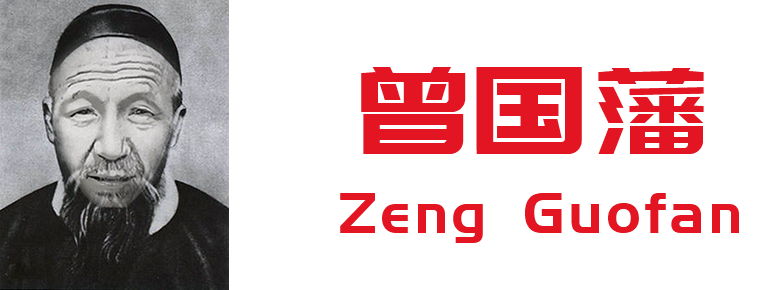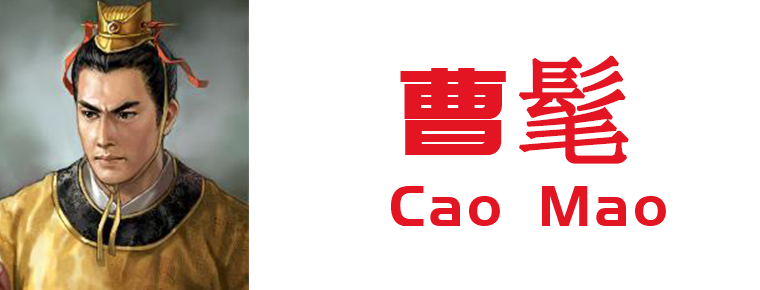Sichuan Minzu College
Sichuan Minzu College
Sichuan College for Nationalities is a full-time general undergraduate college in Sichuan Province. It is also the only national undergraduate college in Kangba Tibetan District. It is located in Guzan Town, Kangding City, Sichuan Province, between "slippery mountains, white clouds, galloping rivers and swift winds". The school is situated on the Qinghai-Tibet Plateau, the roof of the world, under Gongga Mountain, the king of Shushan Mountain. It lies in Kangding, the hometown of the world love song, to the west, Erlang Mountain in the east, Luding in the south, Dadu Bridge, and Jiaju Tibetan Village in the north, Danba Valley and fairyland. The most beautiful scenic road of the Republic runs by the campus. The surging Dadu River runs into the sea day and night from here. Wen Ying dance, pillow Tao sleep, white clouds poetry, book sea and blue sky. The school has a beautiful environment and pleasant climate, with an average annual temperature of 18 degrees Celsius. It is a provincial "garden-style campus".
The school was founded in 1985 as "Kangding Teachers'College for Nationalities". Hu Yaobang, then general secretary of the CPC Central Committee, inscribed the name of the school in Chinese. In 1986, Erdeni Quijijianzan, then vice chairman of the 10th National People's Congress, inscribed the name of the school in Tibetan. In 1992, the school was renamed Kangding National Teachers College. In 2004, the Ganzi Agricultural School (the former Ganzi Agricultural and Animal Husbandry School and the Ganzi Forestry Technical School) and the Ganzi Finance and Economics School (the former Ganzi Finance and Trade School and the Ganzi Industrial School) were integrated and merged. In March 2009, with the approval of the Ministry of Education, it was officially upgraded to Sichuan Institute for Nationalities. In 2013, he obtained the qualification of conferring bachelor's degree. In 2015, it passed the qualification evaluation of undergraduate teaching work of the Ministry of Education. After 35 years of construction and development, the school now has 29 undergraduate majors, 11 specialized majors and national preparatory education, covering 10 disciplines such as literature, science, engineering and law. There are nearly 10,000 full-time students, of whom nearly 3,000 are minority students, accounting for 33%. The existing campus area is 625 mu, the building area of the school is 250,000 square meters, the total value of fixed assets is 537 million yuan, the total value of teaching and scientific research instruments and equipment is 110 million yuan, and the library holds millions of books. There are more than 800 teaching staff, including 160 senior professional and technical posts, 258 doctoral and master degree teachers, 50 academic leaders, 85 academic backbone, 16 professional leaders, 11 famous teaching teachers and 42 teaching pacesetters. The school has 131 practice and training bases for various majors, including postgraduate entrance examinations and teacher qualification examinations for primary and secondary schools.
Sichuan Institute for Nationalities has always adhered to the historical mission of "cultivating qualified builders and reliable successors for the cause of socialism in minority areas, promoting national unity and safeguarding the reunification of the motherland" based on Kangba, facing the southwest, building Tibetan areas and serving the whole country, and focusing on efforts to build a vibrant modern comprehensive response. With the aim of running a practical University for nationalities, we should constantly deepen the teaching reform, focus on improving the quality of personnel training, highlight the nationality, locality and applicability, cultivate "reliable, down-going and well-done" talents, and provide intellectual support for the political, economic, social, cultural and ecological construction in ethnic areas. Since its establishment, more than 40,000 college graduates and 5,000 bilingual Tibetan-Chinese talents have been trained for the society. Nearly 20,000 of them have taken root at the grass-roots level in minority areas, imparting modern civilization, safeguarding the reunification of the motherland and promoting national unity. Most of them have become the backbone of their businesses. More than 3,000 people serve the masses of all ethnic groups at the grass-roots leadership posts. The school has become the backbone of maintaining political stability, promoting economic and social development, and inheriting cultural and scientific knowledge in Tibet. It is also an important educational base for stabilizing Tibet, building Tibet and promoting health and well-being.
Sichuan Institute for Nationalities has devoted itself to Tibetan studies in Sichuan, devoted itself to the inheritance of Kangba culture, established the popularization base of Kangba culture and social sciences, and established the Kangba Cultural Research Center. It has 13 research institutes including Kangba Tibetan Culture, Kangba Characteristic Biology, Kangba History and Tourism, Kangba National Economy and so on. It has made great efforts to develop Gesar classics and Kamagazi. Tangka School, intangible cultural heritage in Kangba area, southern Tibetan medicine, Kangba biodiversity and other characteristics. Every year, we hold Kangba Development Seminar and Kangba Culture Science Week. We have successively completed over 500 national and provincial scientific research projects, such as "Research on Stability and Development of Ganzi Prefecture", "Research on Bilingual Education in Sichuan Tibetan Area", "Research on Vocational and Technical Education in Sichuan Tibetan Area". We have won 15 provincial and ministerial awards for scientific research, published more than 200 books and published academic works. More than 5000 papers have formed the advantages and characteristics of Kangba Tibetan Area. Collect more than 30,000 copies of documents and materials in Kangba area, including a complete set of classics collected by Dege Printing Institute, and build Kangba Documentary Library, which lays a solid foundation for building Ganzi Tibetan Documentation Center and deepening Tibetan research.
School motto: solidarity, progress, emphasis and quality
Party Secretary: Cui Yufeng
Vice Secretary and Principal of the Party Committee: Guo Qingyi
College Address: Kangding City, Sichuan Province
Postal code: 626001
Tel: 0836-2856998
Fax: 0836-2856196
Admission Contact Telephone: 0836-2856805
College website: http://www.scun.edu.cn
Updated July 2019

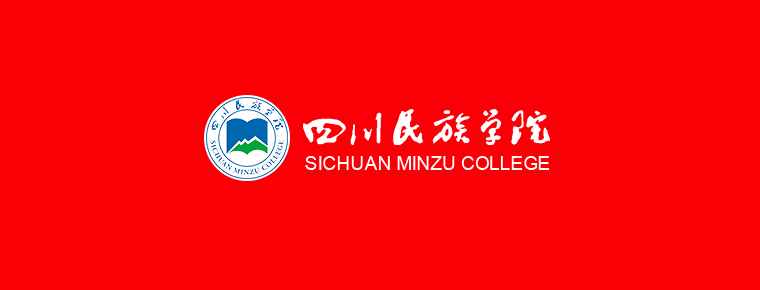
Sichuan Minzu College
-
Shaolin Temple
Shaolin Temple is the birthplace of Chinese Buddhist Zen ancestors and Kungfu. It is now a world cultural heritage, a national key cultural relics protection unit
Views: 142 Time 2018-11-11 -
Island Jinshan Temple
Jinshan Temple, located in the northern part of Qingyun County, Dezhou City, Shandong Province, was built in the Sui Dynasty and flourished in the Tang Dynasty. It is said that the island Jinshan Temp
Views: 143 Time 2019-01-13 -
Jiahe City Hot Spring Valley
Jiahe City Hot Spring Valley is located in Jiahe City, Nanwu Avenue, northeast of Nanning City. It is about 13 kilometers away from Nanning International Convention
Views: 393 Time 2019-01-21 -
Luochuans drums
Luochuan Yigu, a traditional dance in Luochuan County, Shaanxi Province, is one of the national intangible cultural heritage.
Views: 162 Time 2019-05-15 -
Sanhui Pavilion Club
Sanhui Caiting Pavilion is a local traditional folk cultural activity that performs in streets or squares on March 16-18 of the lunar calendar every year. Its artistic form of performance is ingenious
Views: 138 Time 2019-06-12 -
Xibo Folk Stories
Xibo folk tales, Xibo people are descendants of Xianbei people in ancient times. Xianbei was originally nomadic in the eastern foot of the Great Hinggan Mountains, and has been hunting and fishing for
Views: 214 Time 2019-07-01 -
Weaving Techniques of Summer Cloth
Wanzai summer cloth is completely manually woven. Its production process mainly consists of ramie treatment, yarn performance and weaving. It needs many processes to weave.
Views: 225 Time 2019-07-01 -
Bamboo weaving
The traditional bamboo weaving technology has a long history and is rich in the crystallization of the hard work of the working people of the Chinese nation. Bamboo weaving crafts are divided into fin
Views: 182 Time 2019-08-10 -
Southwest Petroleum University
Southwest Petroleum University is a petroleum undergraduate college founded in the face of the new China's Chaoyang. It is a co-established University between the central and local governments, mainly
Views: 191 Time 2019-08-31 -
Zeng Guofan
Zeng Guofan (November 26, 1811 - March 12, 1872) was born in Zicheng. Zeng Zi The seventy generation sun. Modern Chinese statesman, strategist, rationalist and writer, founder and commander of Xiang a
Views: 190 Time 2019-09-07 -
Cao Mao
Cao Mao (241 November 15th - 260 June 2nd) Zi Yan, Pei County, Yuzhou City. Anhui Province Bozhou City People, the Three Kingdoms period the Wei state of the Three-Kingdoms Period The fourth emperors
Views: 252 Time 2019-09-15 -
Deyang cultural undertakings
As of the end of 2018, Deyang City has 7 public libraries with a total collection of 1189.8 thousand books (pieces). The city has 7 cultural centers, 127 cultural stations, 10 museums, 48 art performing groups, and 27 theaters and cinemas. By the end of the year,
Views: 370 Time 2020-12-14
